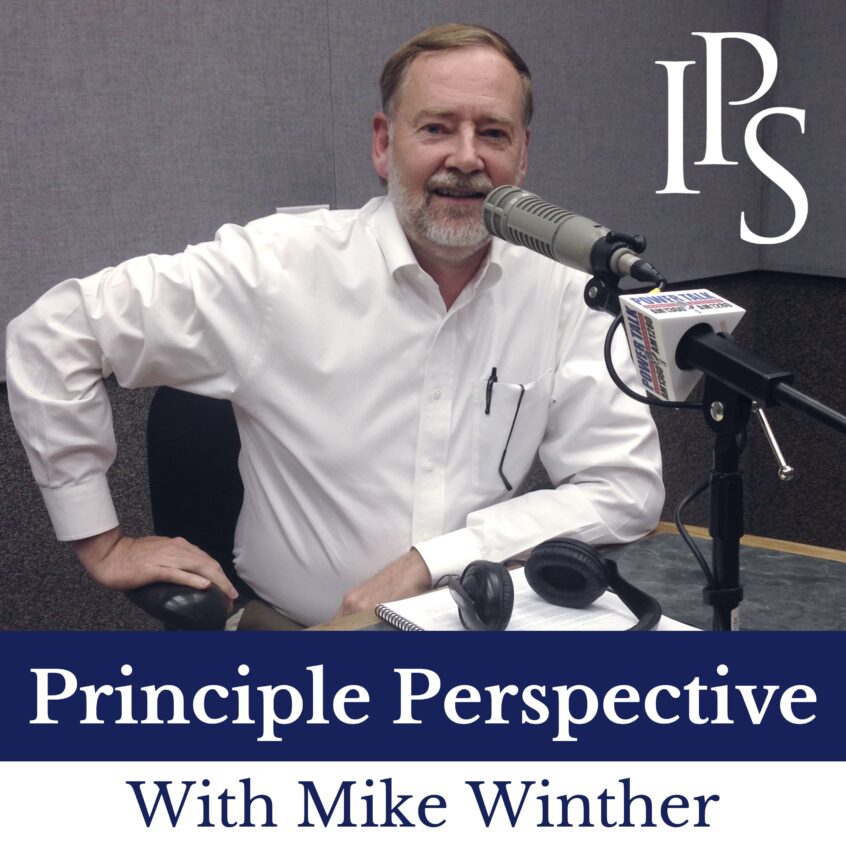LISTEN NOW
This lecture is the last of Mike Winther’s lecture series delivered in June of 2012 in Colorado. Mike talks about consumer protection in a free market in order to support the idea of a free market.
All of the economic systems in the world fall under the umbrella of socialism or free market. Mike dives into how the free market is supposed to work. He talks about the legitimacy of free market exchanges, how they are supposed to be mutually beneficial, and so much more.
You’ll Learn:
- [03:50] When two people engage in a voluntary exchange, they should both be receiving benefits.
- [04:42] Different sides have different perceived benefits.
- [05:20] Socialists think they can measure everything. Somehow the government knows the relative value of everything and can assign a value to it.
- [06:03] The problem arises when big brother is not wiser than the individual.
- [06:30] The true determination of value is what other people are willing to pay.
- [08:05] Our well-being isn’t determined by how much money we have, it’s determined by the goods and services we have.
- [09:50] Who protects the consumer in a true free market?
- [13:47] There are hundreds of commissions designed to keep us safe. We are a very regulated society.
- [14:13] Administrative or regulatory laws are passed by government agencies. They get around the Constitution by calling them regulations as opposed to laws.
- [14:58] The ever-growing Federal Register.
- [15:33] Caveat emptor or buyer beware. Caveat venditor or seller beware.
- [17:03] Private will be defined as not owned by the government. Voluntary means we’re not making anybody do anything. Compulsory means to be made to do something.
- [17:55] Voluntary activity is better than compulsory activity.
- [18:49] Socialists want the government to force the market to do things, and the free market wants the government to force very few things.
- [19:47] An example of when the early railroads were being built. Sometimes things that look like they’re for our protection are actually manipulation.
- [23:56] Mechanisms for protection. Competition. When there’s a need something will rush in to fill that need.
- [25:53] Underwriters Laboratory is a private non-government organization that protects consumers.
- [30:08] The eBay phenomenon and review system.
- [30:59] How are we protected from unfair competition? The free market has mostly consistent pricing.
- [32:39] Illness and disease. Consumer Reports and product reviews. Protecting from poverty.
- [36:36] Redistribution of wealth causes productivity loss in the economy.
- [37:50] Monopolies are an important argument against the free market. There isn’t a monopoly that hasn’t been created by government rule or mandate.
- [39:13] A technological monopoly can be based on a patent. A government granted monopoly. The company offering the cheapest product at the cheapest price.
- [43:30] Cities award monopoly contracts for cable companies.
- [46:28] How do we protect ourselves? Should the government mandate seat belts or helmets?
- [48:18] Have a systemized approach to know what the government should do and not do.
- [49:06] Consumers can be protected in a free market, but accidents can always happen.
- [49:44] Private lawsuits are actually an important method for protecting consumers.

